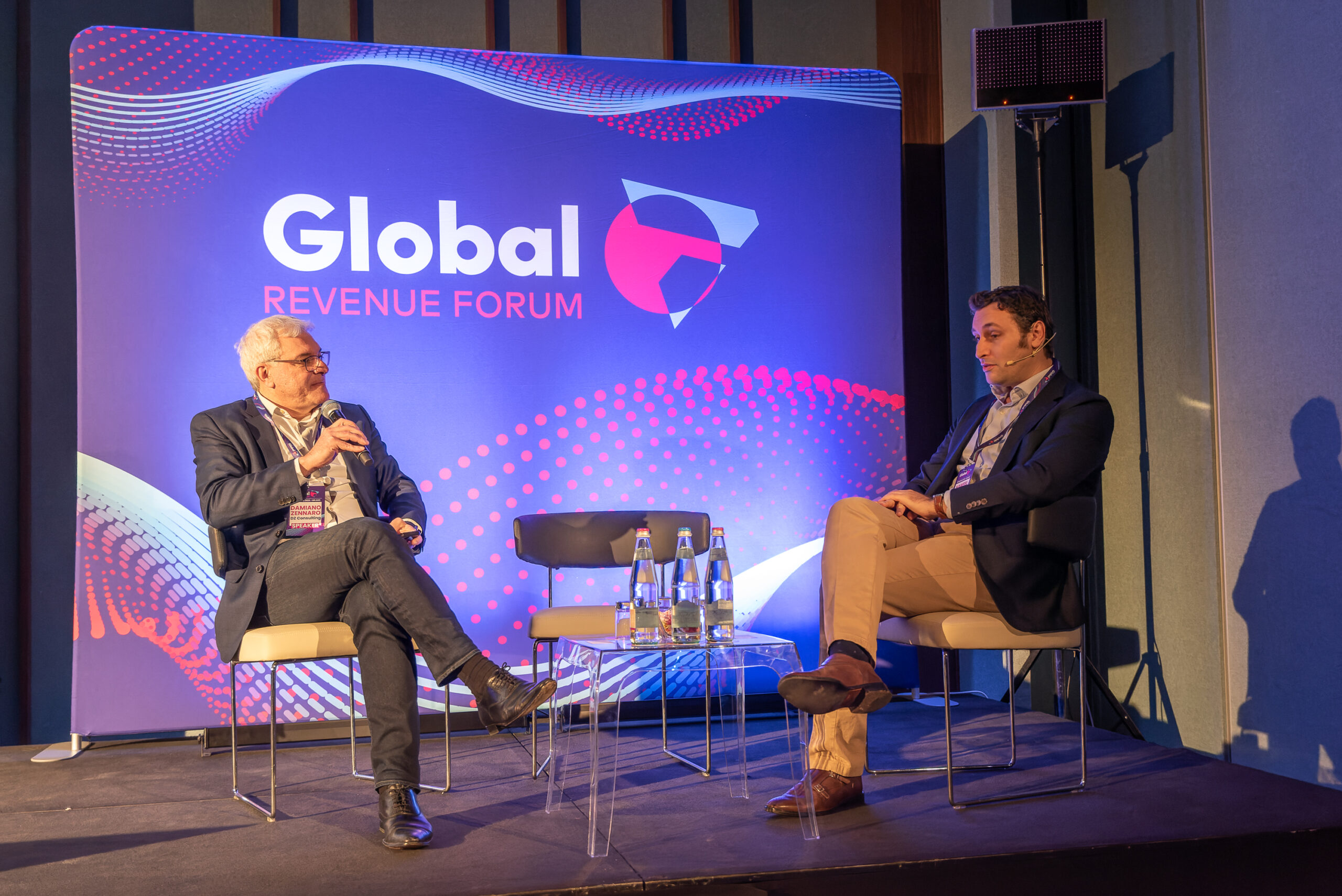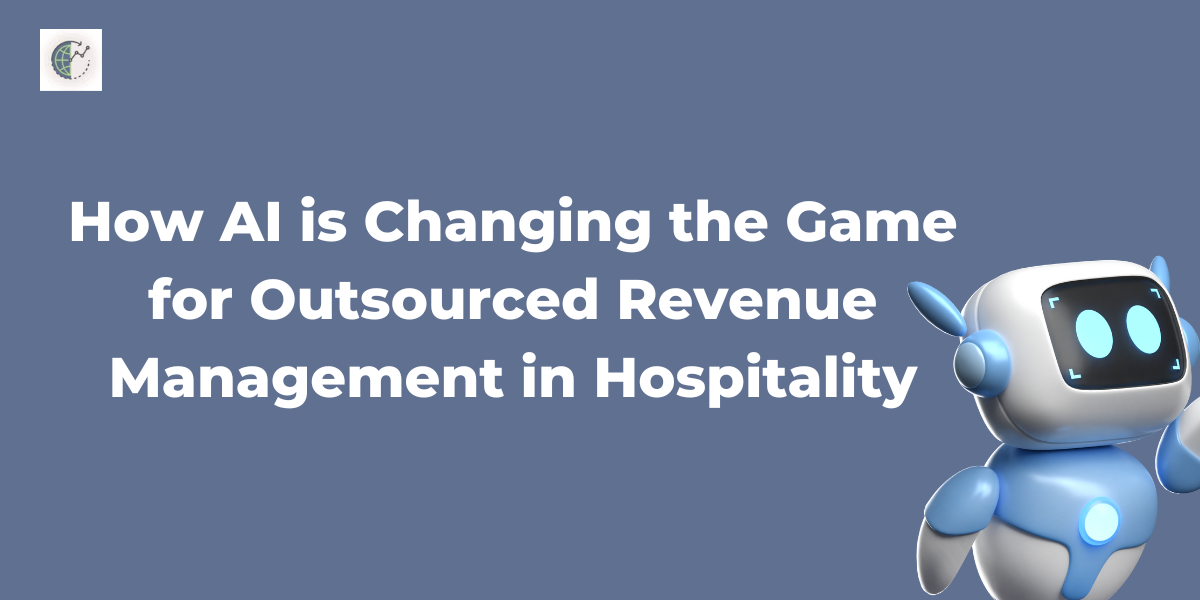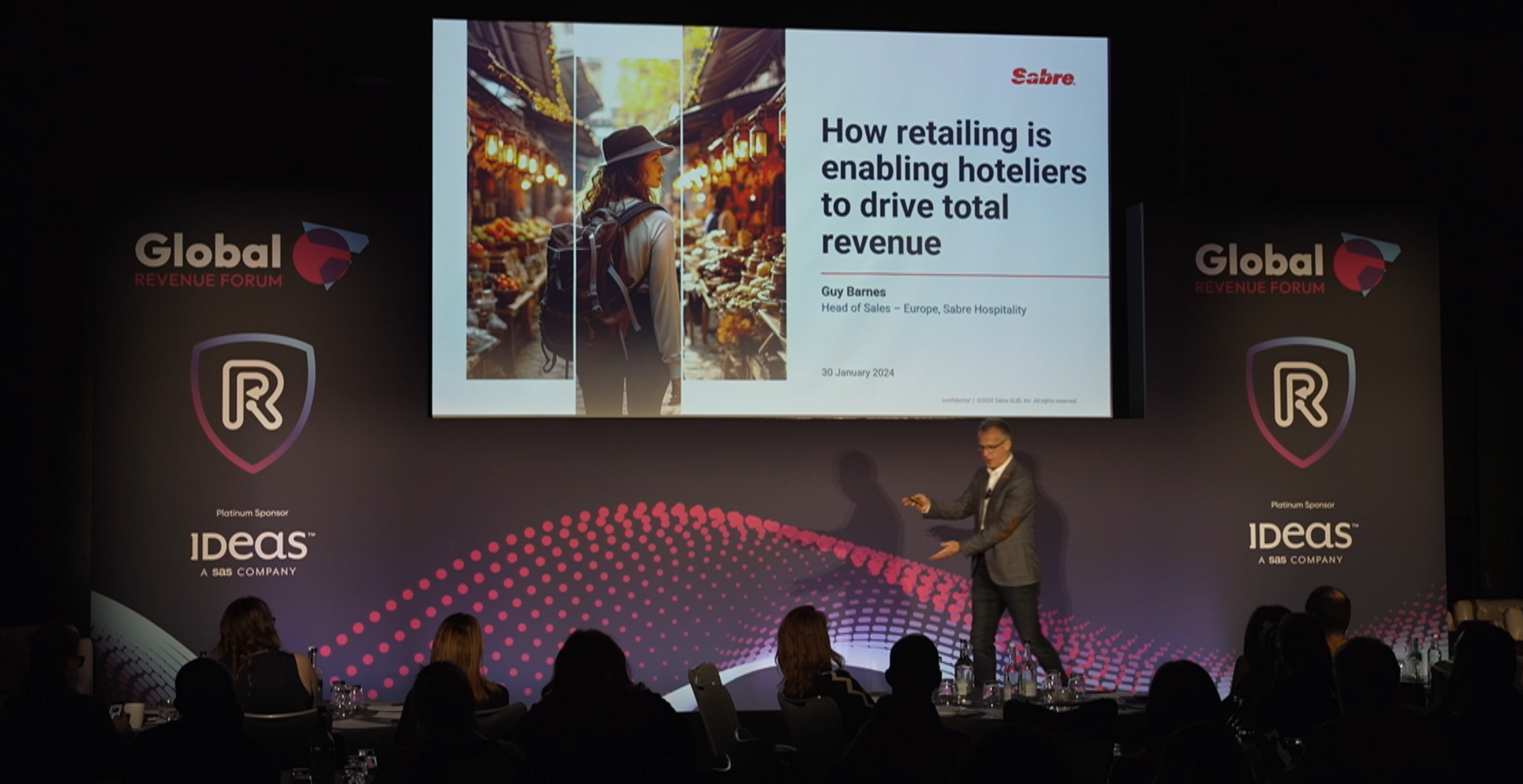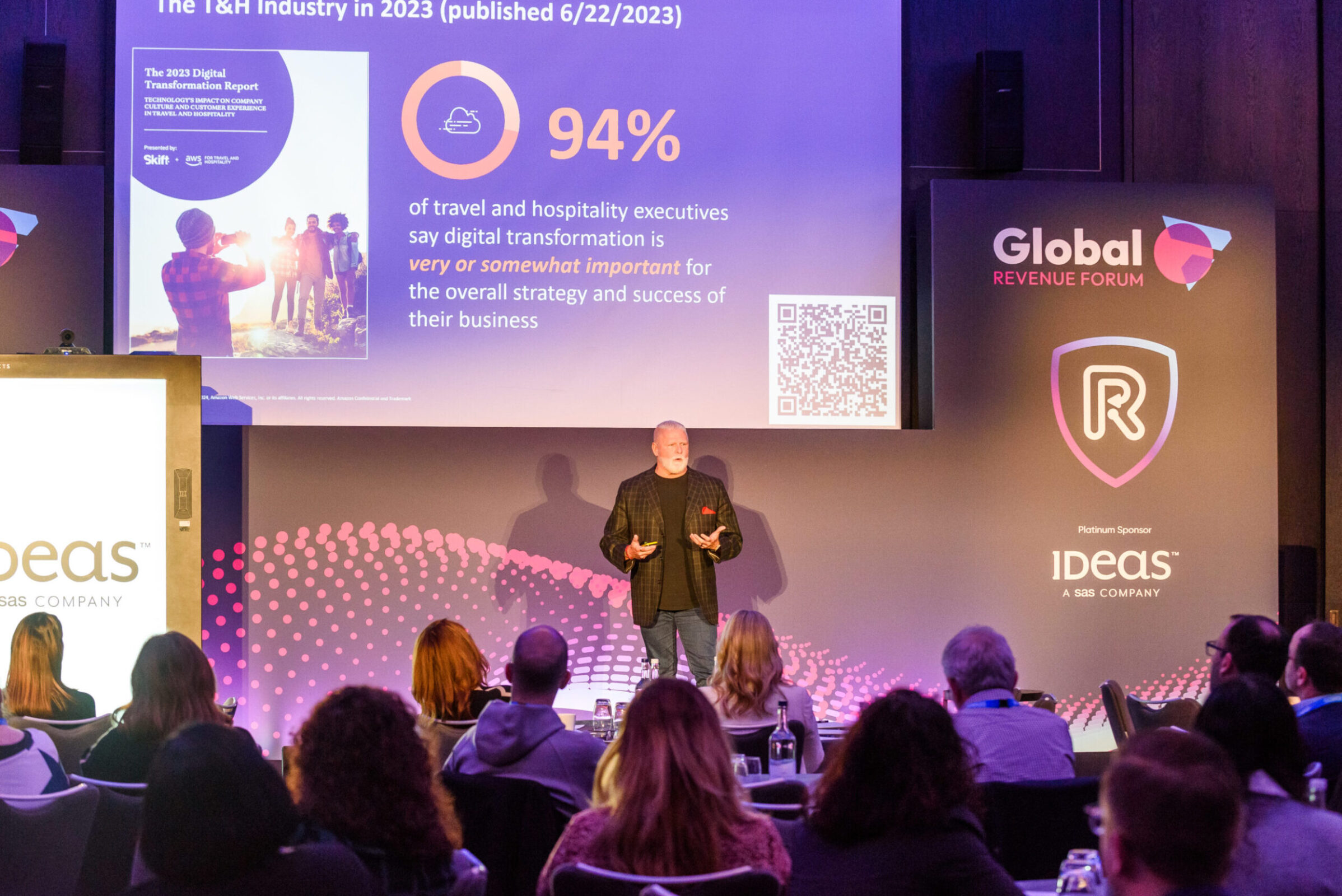BNPL in Hospitality: reshaping the way we pay for hotel stays
It has transformed online shopping. The option to Buy Now, Pay Later (BNPL), allowing customers to pay for goods in instalments is becoming increasingly ingrained in our consumer culture, fuelled by the pandemic and the declining use of credit cards with high-interest rates. But despite its increasing popularity as a payment solution across numerous verticals, and providers such as Klarna becoming household names, the hotel industry in Europe has been slow to offer BNPL as a payment alternative. Typically, a high-value purchase, a hotel booking would seem ideally suited to the BNPL model, with a survey by Uplift citing that 48% of consumers say they would be very likely to use ‘Buy Now, Pay Later’ to book a hotel. So given this, what is causing the seeming reluctance of hotels to rise to consumer demand and provide bookers the option to pay for their stay in instalments?
What are BNPL schemes?
Buy now, pay later (BNPL) schemes are a form of short-term credit that typically allow payment in installments interest-free. Repayment plans are generally short, lasting 12 months or less, with the balance spread across 3-6 payments, depending on the provider. The combination of the little or no interest fees and a far easier approval process than loans make them very appealing to today’s consumer.
Klarna, Clearpay and Laybuy are the largest and most recognisable in the UK marketplace, with Afterpay, Uplift and Zip gaining ground. But the industry is growing rapidly, there are new entrants to the market all the time, and no two providers offer the same terms and conditions when it comes to repayments, value of credit offered, or fees incurred for late payments.
BNPL’s suitability to the hotel sector
While the high-value nature of many travel bookings would seem ideally suited to a pay-by-installment model, restrictions set down by the providers around both the value of the booking and booking window, means that the majority of bookings would not meet the criteria required to offer BNPL as a payment alternative. Restrictions include:
- Maximum Spending Limit
There is no standard spending threshold across BNPL providers with limits set according to individual credit ratings and the provider’s internal algorithms. However, the typical limit is set at £1500 or below which precludes higher-value travel bookings from being eligible for a BNPL plan.
- Booking windows vary by provider.
Again, there is no industry standard, but for a booking to be eligible for the option to pay by installments, there has to be a relatively short window between booking and travel. Klarna offers plans for hotel bookings up to 30 days before check-in date. For Clearpay and Afterpay, this reduces to 14 days. Zip and Laybuy have 60-day limits, but even then, these windows mean the majority of travel bookings do not qualify for the BNPL model.
- Customers can only use the BNPL Service within the country of operation.
Even if BNPL is offered as an alternative payment option by hotels, there are other areas hoteliers need to consider before engaging with a BNPL solution. What are the fees and interest rates as part of the provider’s payment plan? How well matched is the BNPL providers database with the hotel’s target market? Limited overlap would suggest limited opportunity to offer the service as an option to guests. And also, how streamlined is the payment platform integration into the hotel’s booking engine? Clumsy interfaces and user experiences will negatively impact conversion.
Despite these constraints, we are seeing evidence of BNPL’s emergence as a payment alternative within the sector.
The future of BNPL in hospitality
A number of European hotel groups, including Leonardo Hotels, NH Hotels, Citizen M Hotels and select Accor properties, have partnered with Klarna. And two newcomers to the market, Uplift and Holipay, are relaxing the restrictions that have made the more established BNPL platforms so ill-suited to the sector by offering more flexible conditions. Maximum spending limits are increased, payments can be made in up to 10 installments, a more flexible booking window allows bookings to be made further out, and there are no restrictions on where the customer or hotel is located. It would seem customer demand is driving the need for flexible, interest-free options, free from prohibitive restrictions, to bring the hotel sector up to speed with other industries.
If you’re successfully using BNPL for payments please get in touch and let us know how it’s working for you and who you’re using as a payment provider.







